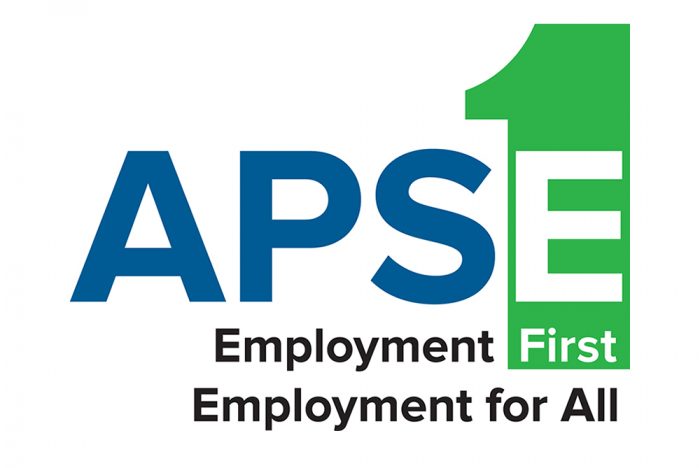Workforce Crisis
National Council Workforce Solutions Webinar on November 15
ISP Staffing Sessions Announced for Executive Leadership of ID/A Waiver-Funded Residential Providers
The Office of Developmental Programs (ODP) has shared that registration is open for two upcoming sessions focused on ODP expectations of Residential Provider Executive Leadership (Chief Executive Officers, Chief Operating Officers, and Executive Directors of Residential Services) in the implementation of the Residential ISP Staffing approach. Please review the announcement for registration information and additional details.
Upcoming Webinars From National Council Announced
Eleos Health and RCPA Partner to Advance Behavioral Health Innovation Across Pennsylvania
Casey, Colleagues Introduce Bill to Bolster Home Care Workforce
RCPA Telehealth Operations Committee Update
Good Morning America Highlights Direct Support Workforce Crisis
News from ANCOR:
Dear ANCOR members,
I write to call your attention to a segment that aired during Saturday’s episode of Good Morning America on the direct support workforce crisis. The story chronicling staffing shortages in group homes on Long Island and nationally included excerpts from an interview with ANCOR COO Gabrielle Sedor, as well as reference to ANCOR’s research on the State of America’s Direct Support Workforce Crisis. Overall, the show did an excellent job of packaging complex issues into an accessible, three-minute story.
View and share Good Morning America’s feature on the direct support workforce crisis.
GMA is the latest among several high-profile outlets showcasing the direct support workforce crisis, illustrating growing acknowledgment of the significance of our field’s recruitment and retention obstacles. To that end, I hope you will consider sharing the link to the video on social media and in your advocacy so we can help further amplify this important message.
Finally, this high-profile feature simply would not have happened without the contributions of Michael Seereiter, President & CEO of the New York Alliance for Inclusion & Innovation (who was also interviewed for the segment) who connected us with the producer, and Lauren Tilghman, Director of Strategic Communications for KenCrest who provided some of the photos that were used in the segment. Thank you, Michael and Lauren!
With gratitude,
Sean Luechtefeld, PhD, CAE (he/him)
Vice President, Membership & Communications
ANCOR
















